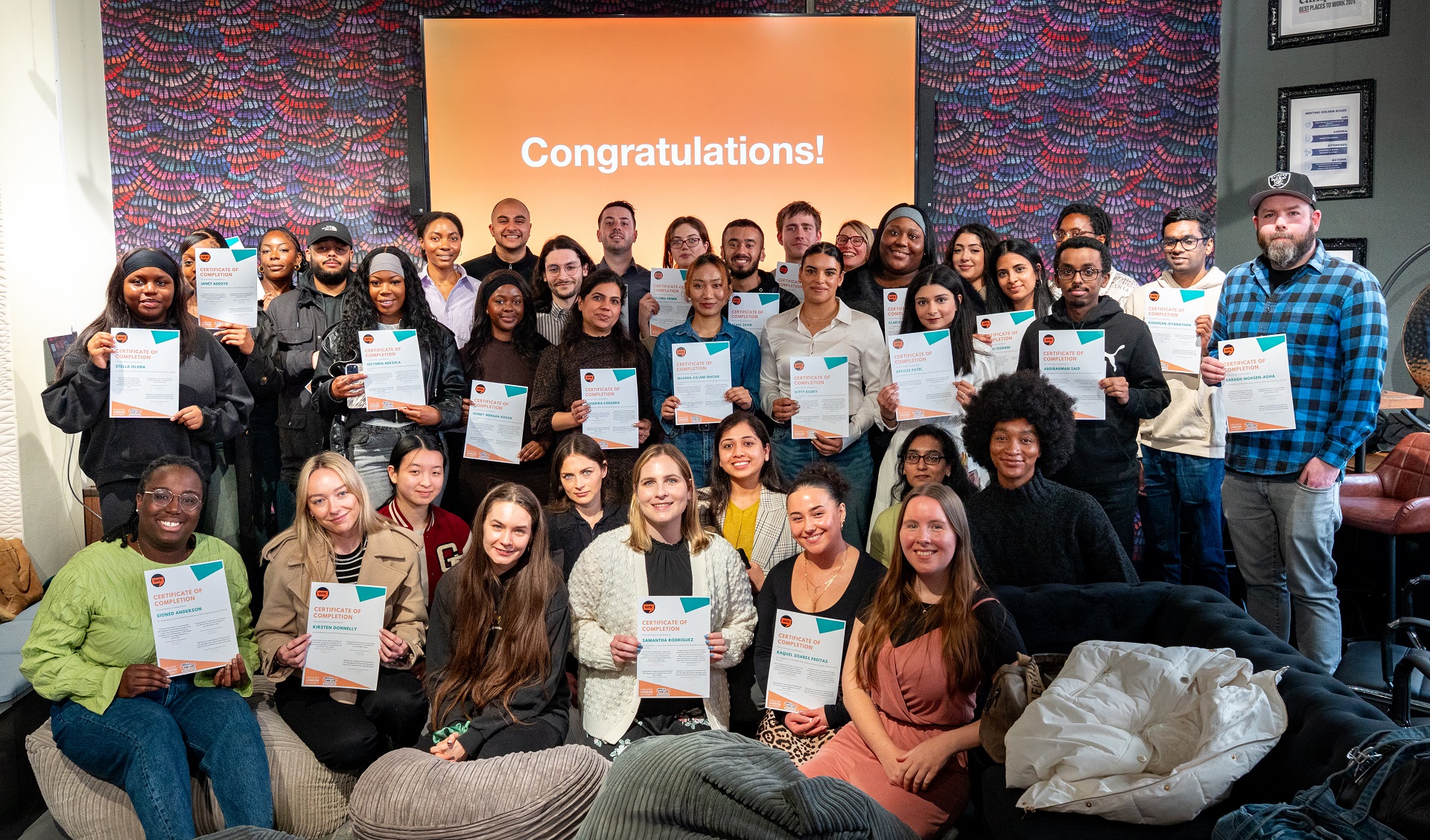News and views
Change of government, change of terms for social enterprise?

Billions of people will vote in national elections this year – in 97 countries around the world from the US to France, India, Brazil and beyond. There’s a lot happening. For some of us, these election campaigns are overlapping with the cricket 2020 world cup, then the Euros, which in turn run into Wimbledon, and the Tour de France, which will lead into the Olympics. For others, maybe House of the Dragon is competing with Glastonbury and Co-operative Fortnight, or whatever else you’ve got going on. It seems to be a busy, overlapping, even overwhelming and certainly confusing time.
Anyway, congratulations to our new Labour government in forming a historic majority in Parliament. What does this mean for social enterprise? What have Labour said about us? Well, there are some exciting signs, as well as some rather messy, fuzzy and confusing messages.
Excitingly, the Labour manifesto makes a clear commitment to “support diverse business models” as well as aiming to double the size of the UK’s co-operative and mutuals sector. This is fantastic news. Any advocate for social enterprise – co-operative or otherwise – should celebrate this explicit commitment to alternative ownership models from the UK government, for the first time in a long time. At Social Enterprise UK, we are pleased and proud to have worked with our friends at Co-operatives UK and the Co-op Party in pushing both the tighter focus on co-ops and the broader agenda around business diversity.
Meanwhile, Labour grandees are talking up the idea of an Office for the Impact Economy[1]. Labour mayors are – not just talking about – but also supporting the social economy in Bristol and London, business for good in West Yorkshire, and the VCSE sector in Greater Manchester. Our partners in the Future Economy Alliance have come together under the banner of mission-led businesses (which echoes Labour’s talk of mission-led government) while others have decided they like the term purpose driven business. There’s a lot going on.
These terms can be confusing. Of course they overlap. Many of our members are social enterprises and co-operatives and mutuals, driven by purpose and focused on a mission. Ultimately, even while we may pine for greater convergence and consistency in language, the good news is that we now have the government’s manifesto, as well as powerful regional and national politicians, focused on our movement, seeing social enterprise and family as part of the solution.
We must await what this means in practice for helping social enterprises grow and thrive. Will these promises help smooth the flow of funding and finance, improve procurement and public services, level the playing field and the business landscape, and bolster the capacity of entrepreneurs and teams working in social enterprises? As the leading national voice for social enterprise, we will of course work to help turn the government’s policy promises into practical and useful support for our members and beyond.
The new government has set out various other policies in its manifesto. Many of our members will be pleased to see the commitment to more care delivered locally, to spotting problems earlier and shifting resources to community services. Others will have questions about using public funds to de-risk private investment, with concerns about socialising risk and privatising reward. Some will want to deepen commitment to addressing the climate emergency. A lot would like a little less talk of UK PLC and a more imaginative conception of UK CIC. Some of us are impatient for deeper, more structural transformation across our economy, democracy, and country. Today’s change of government is just the start.
By Dan Gregory – Director at Social Enterprise UK
[1] https://www.cityam.com/labour-must-partner-with-businesses-in-the-impact-economy/
https://www.probonoeconomics.com/what-would-an-office-for-the-impact-economy-mean-for-charities


